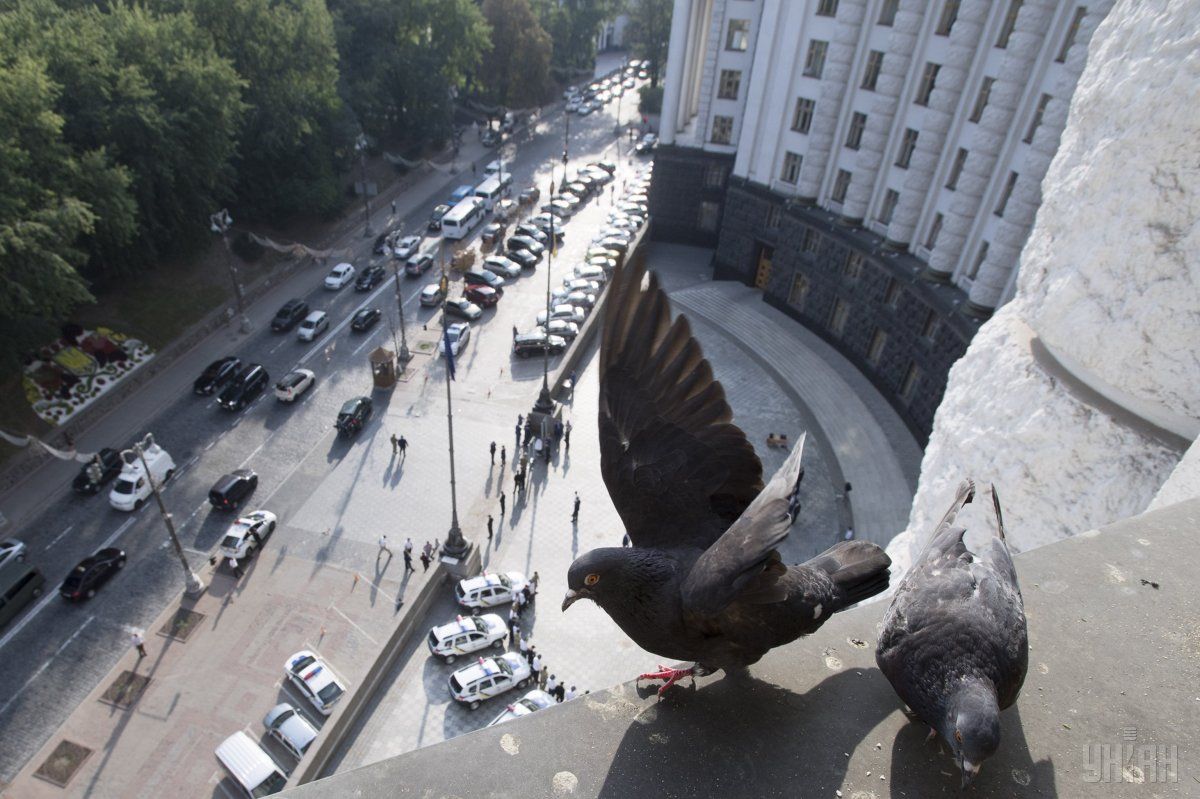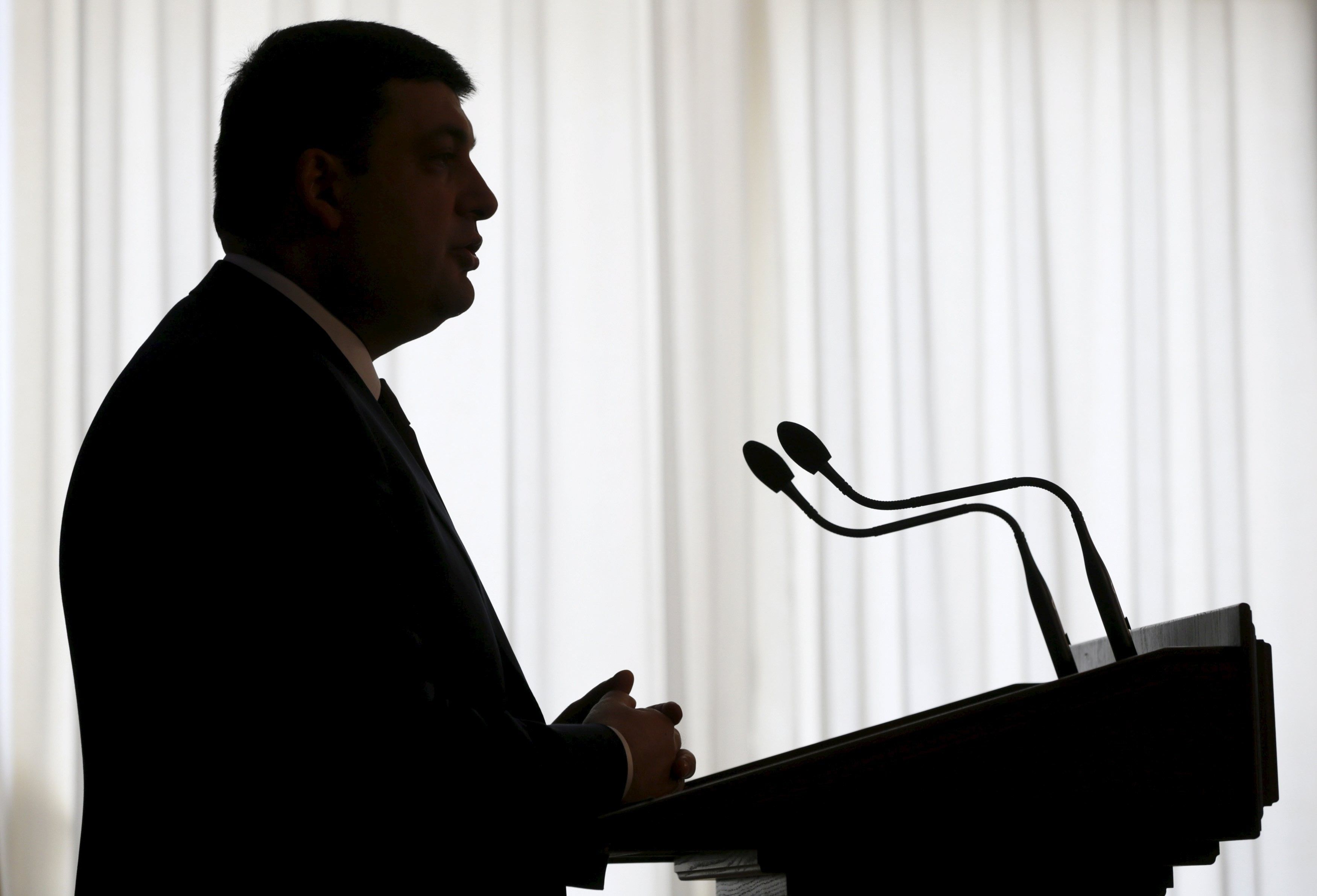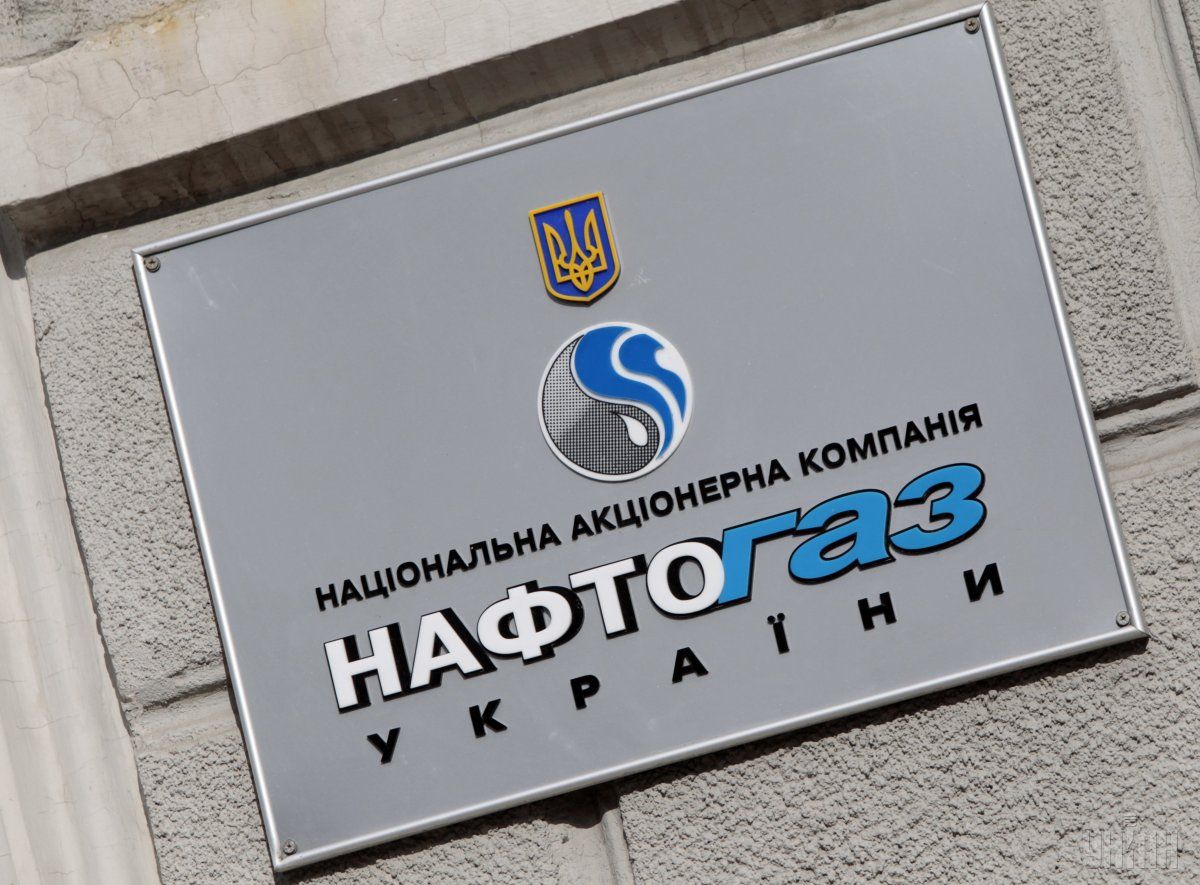
Week’s balance: Budget wars in Rada, Groysman’s six-month report, and money for gas
The Verkhovna Rada of Ukraine adopted in first reading the draft state budget-2017, Prime Minister Volodymyr Groysman presented a report on six months of the Cabinet’s work, while the World Bank has provided $500 million for Ukraine’s gas purchases – these are the main economic news of the past week.
The Cabinet seems to be serious in its intentions to observe all the rules of the budget process as last week it tabled in the Verkhovna Rada a draft budget for 2017. The MPs did not lose a chance to add as many amendments to a general “wishlist” as possible. 1,167 amendments have been registered.
Amid an unstable macroeconomic situation and the urgent need to reduce public spending, the changes proposed by the MPs would have required additional funding amounting to some UAH 1 trillion with a total revenue part of the budget at just UAH 706.3 billion.
In this regard, only 408 amendments were taken into account, while the remaining 759 were rejected as they violated the balance of revenue and expenditure parts of the budget.
However, among the amendments that passed the vote there were also some rather controversial ones. In particular, while the National Bank of Ukraine stated an indicative opportunity to allocate UAH 31 billion to the budget-2017, the Government-proposed draft budget stipulated an increase of this sum to UAH 41 billion. Moreover, the Rada’s amendments brought this figure to UAH 45 billion - and this is in the wake of a more than fragile macroeconomic stability.
In addition, the approved changes include an increase in income from rent payments for amber extraction at the level of UAH 7 billion - an increase by UAH 2.8 billion compared with the government's version of the budget. At the same time, amber mining industry has not yet been put into a legal framework.
Also the amendments include changing the source of getting a UAH 1 billion funding to support the local communities within the framework of decentralization. Earlier it was planned that these funds would be allocated from the confiscation of the arrested assets of Yanukovych's regime, but now the burden is shifted onto the budget’s general fund. At the same time, the Verkhovna Rada is persistently failing to pass an asset recovery law, which would give an opportunity to enroll $1.5 billion of the stolen funds back to where they belong, that is to the Ukrainian budget.
The deputies did not forget about themselves, either. Financing of parliamentary staff, including support of subordinated media, increased by UAH 139.3 million.
Anyway, the amendments were approved by the Verkhovna Rada, and the draft budget passed its first reading with 230 votes. In turn, the Ministry of Finance is now obliged to consider the proposals approved by the deputies.
Government report: from stability to improvement
Last week, Volodymyr Groysman reported on the results of six months of the Cabinet’s work. According to the prime minister, the main achievements during this period are proven with figures – a 2% increase in industrial output, an 11.9% increase in the volume of construction, nominal wages have grown by 24.4%, investments - by 19%, while the inflation rate slowed down to 6 ,4%.

Talking about the Cabinet’s new horizons, Groysman noted the importance of civil service reform, decentralization, deregulation, liberalization of tax administration, customs reform, reducing energy dependence, creating an attractive business climate, and successful privatization.
Also, the Prime Minister confirmed his intention to increase social standards, with the first step being the increase of minimum wages and pensions by 10% in January 2017.
In support of its reformist intentions, the Cabinet took a number of important decisions this week.
In particular, the Government had set up the Investment Support Office designed to help investors in all aspects of their activity in Ukraine. Partner of the Kyiv office of law firm CMS Cameron McKenna LLC Daniill Bilak was appointed head of the ISO.
According to Bilak, the Office will be a kind of concierge service for foreign investors, which, according to the most modest estimates, will allow to attract another $1 billion to the country’s economy as early as 2017.
"A key tool is a concierge service. The existing and new investors will be accompanied in all government agencies: the issues of registration, assistance in understanding the intricacies of our legislation, so that they could see that there is a place where they can get full service," he said.
In addition, the government appointed the new acting director of the state-owned Ukravtodor [State Motorway Agency] Poland’s ex-Transport Minister Slawomir Nowak. In Poland, Nowak was responsible for the strategy of development of the country’s transport sector, as well as for attracting investment ahead of Euro-2012. He also noted that he had been engaged in the reform of Polish Railways. According to Nowak, his main tasks in Ukravtodor will be attracting foreign investment and foreign companies to participate in road construction/maintenance tenders.
"We need to quickly make a technical audit of the roads and improve the technical standards. We also need to quickly create a plan for the construction and reconstruction of roads based on traffic," he said.
The Government activities last week were not limited to investment and roads. The Cabinet also approved conditions for the another attempt to sell a 99.6% stake in the Odesa Portside Chemical Plant.
In particular, the starting price was assessed the State Property Fund (SPF) at UAH 5.16 billion (about $200 mln), having decreased by 2.6 times compared with the first failed bidding held in July.
Conditions of privatization caused a heated debate between head of the SPF Ihor Bilous and Finance Minister Oleksandr Danyliuk. The latter noted that a potential investor will not only be required to buy the company for at least $200 million, but also to repay its debt of almost $200 million, as well as to invest about $200 mln in the launch of production capacities. "This is $600 million. Do you think anyone will pay such price?", Danyliuk challenged Bilous. However, the SPF head has not changed his mind and the conditions offered by the Fund were approved.
We will see shortly, which of the two officials was right, as the privatization process should be completed before January 7, 2017.
Money for gas

Ukraine’s negotiations with the World Bank (WB) on providing $500 million loan guarantees for the National Joint Stock Company Naftogaz of Ukraine for the purchase of gas had seen positive result back in the spring of 2016. However, a key condition for the provision of funds was the continuation of Ukraine’s cooperation with the International Monetary Fund.
In mid-September, the IMF resumed lending to Ukraine after more than a year pause, resumed lending in Ukraine, and it was the WB’s turn to take action.
Finally, October 18 the Board of Executive Directors of the World Bank approved a guarantee for $500 million, provided by the International Bank for Reconstruction and Development (IBRD). After that, 19 October, the World Bank published a statement on providing a $500 million guarantee to Naftogaz of Ukraine to improve the company’s commercial and financial opportunities for gas procurement.
According to the commercial director of the state holding Yuriy Vitrenko, Naftogaz intends to use these guarantees before late November. At the same time, Vitrenko assured that the purchase of natural gas from Russia is unlikely, labeling it a “last resort” option in case of an extremely cold winter.
At the same time the state holding last week recalled another problem with Russia - the $2.6 billion worth of assets lost by Naftogaz in the annexed Crimea.
On October 17, Naftogaz and six of its subsidiaries initiated arbitration proceedings against the Russian Federation, requiring reimbursement of losses caused by the illegal seizure by Russia of the group’s assets in Crimea, according to the company’s report.
According to the Naftogaz position, in 2014, Russia has implemented a large-scale and well-coordinated scheme to deprive the Ukrainian companies of their property without compensation. Also, the scheme included armed seizure of drilling platforms and the transfer of almost all Crimean assets of Naftogaz to the Russian companies.
It is estimated that Ukraine is losing about 2 billion cubic meters in natural gas production due to the annexation of Crimea.
In the meantime, while the Ukrainian energy giant is dealing with the purchase of gas for the heating season and litigation with Russia, the Cabinet approved the terms of allowing the citizens who do not receive subsidies to pay utility bills in installments.
According to the government decision, upon a written appeal, the citizens will be granted an option to pay in interest-free installments, meaning they will only be required to cover 50% of their utility bills in the heating season, while paying the remaining 50% in equal installments between April and September. And, it seems, such a mechanism could be in demand, as the Ukrainians are anxious to see their bills after the tariff rise, having to pay an economically reasonable price for natural gas for the first time in Ukraine’s history.
Next week promises to be rich in economic events - the Monetary Committee of the National Bank of Ukraine will hold a meeting where a decision can be taken regarding the next phase of monetary easing, including a decrease in the discount rate. In addition, the IMF mission is coming to Ukraine next week to discuss with the Government a wide range of issues of bilateral cooperation for the coming years.
Maksym Shevchenko (UNIAN)

